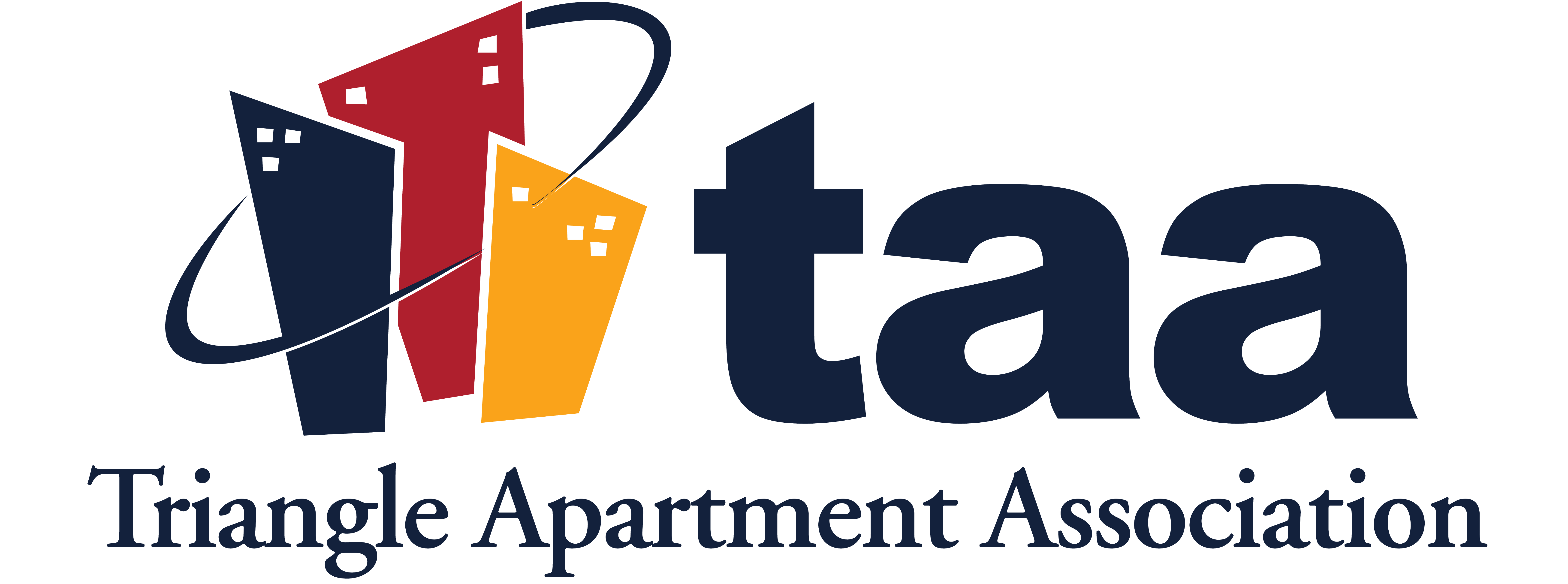Morrisville Development Fees
Just a few weeks ago, Morrisville’s mayor and town manager reached out to stakeholders in the development community such as TAA, Homebuilders Association, and the Triangle Community Coalition to receive feedback about a proposed new transportation development fee. The fee would replicate a $2,500/unit impact fee which Cary has been collecting since the early 1990’s. As Cary has done, Morrisville would need to receive legislative authority to collect such fees.
Background
Impact fees are often enacted on new development by municipalities as a way to offset the cost of infrastructure. Among others it could be the cost of tapping into water and sewer or improving roads. In extreme cases, impact fees can be enacted for affordable housing or schools. Luckily in North Carolina only two counties are allowed to enact those fees. It is estimated that 25% of the cost of housing is due to regulations and impact fees.
Cary enacted the transportation impact fee with all new development in the early 1990s after gaining the authority from the legislature. The fee is supposed to be used for road improvement projects by the Town. Developers are often required to provide certain off-site improvements to comply with NC Dept. of Transportation policies or other town related policy. In Cary, when developers make certain off-site improvements, such as adding a turn lane or traffic signal, those improvement costs can be credited against the impact fee. In this case, the Town of Cary may not receive the fees because the off-site improvements cost more than the impact fee, and essentially doesn’t provide the Town with any additional revenue. The transportation impact fee is another tax on new development, which increases the cost for housing to consumers.
Why Morrisville?
Morrisville is a town of 26,000 people. Traffic continues to be a concern for residents and elected officials. Morrisville is also a pass-through community. Many people pass through Morrisville who live in other parts of the county but work in RTP or Durham. Therefore, many more people use the roads than live in the Town.
Even with these improvements in the pipeline, Morrisville leaders would like to see more completed. Last year, the Town had a bill filed with the legislature to acquire the authority to enact the transportation impact fee. The bill was referred to a committee and never saw light again. This year, the Town took a more proactive approach by meeting first with the stakeholders in which the fee affects the most. This approach was extremely appreciated by the development community. Along with the other trade associations at the table, TAA was there to voice our concerns. This fee would increase the cost of housing. With affordability being a factor throughout Wake County, impact fees and other regulations can easily make a house unaffordable for families.
For multifamily developers who may be developing a 200-unit apartment community, the cost for this proposed fee would be $500,000.
We also voiced that imitating Cary is not good practice. Cary is a town of 160,000 people compared to Morrsville’s 26,000. They are not the same. Many of Cary’s policies and regulations make it extremely difficult for developers to do business.
The next week a phone call came from the Mayor. After discussions with stakeholders and amongst themselves, they had decided against seeking the authority for this fee.
What can we take away from this?
- Your association is advocating for YOUR interests!
- TAA saved members thousands of dollars!
- Impact fees increase the cost of housing.
- Just because your neighbor is doing it doesn’t mean you should.
- We must build partnerships and foster relationships with our elected officials so that we are included in the decision-making process.
"If we're not at the table, we're on the menu!"
